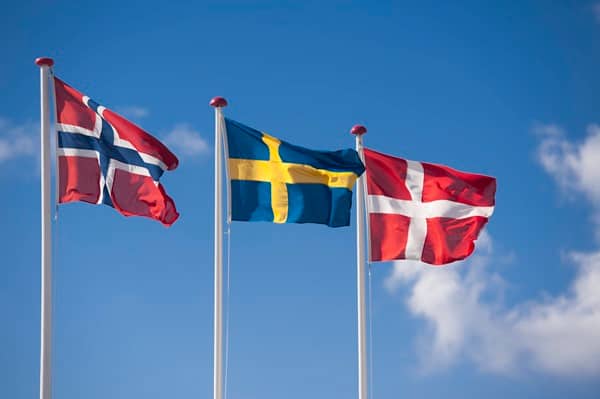Consolidation loans are now more widely available than ever. In the UK, the average household debt was £65,143 in 2023, according to the House of Commons Library. British household and individual debt are both among the highest in Europe, beaten only by the Dutch, Norwegians, Swedish, and Danes.
When you’re struggling with debts, having a hard time keeping track, then consolidation loans might be the solution. But you need to consider what they cost, how they affect your credit, and your available local options.
What is a consolidation loan?
A consolidation loan is a single large, lump-sum loan used to pay off other debts. The idea is to “consolidate” all your debts into one. To do so, you simply take a consolidation loan and use the funds to immediately pay off all your other debts.
After you pay off your other debts, you only have to pay back the one consolidation loan debt. Of course, you will have to pay off any new debts you incur after taking the consolidation loan on your own.
In principle, it’s best to use a consolidation loan as a financial reset. You can make the most of them by using them as a part of a careful plan.
Why take a consolidation loan?
The main reason to take a consolidation loan is to make managing your debts easier. The first benefit is financial simplicity. But there are a few ways in which a consolidation loan can be a lifeline, offering you a second chance.
Easier management
Instead of managing many payments, you have only one monthly repayment to worry about. You don’t need to always be on your toes worrying about missing one payment or another. This makes budgeting easier while minimizing your chances of late or missed payments.
Credit recovery
There are several ways a consolidation loan can improve your credit.
First of all, a consolidation loan turns several debts into just one debt. By closing other debts, you reduce your credit utilization ratio (% of available credit that you’re using). If you are paying off credit cards, a consolidation loan can vastly improve your position.
Second, if you can manage your consolidation loan better, your score will rise. Consolidation loans normally come with reasonable rates and a single timely payment to make each month. Building a more positive credit history is all about timely repayments.
Third, you can immediately reduce your debt-to-income ratio (DTI) with a consolidation loan. A lower DTI means less of your income goes to paying debts, which is an attractive sign to lenders. If your consolidation loan saves you on interest payments, you will benefit further.
Lower interest
If you’re falling behind on high-interest debts like credit card debts, a consolidation loan can save you from them. Credit cards typically have high APRs, often above 20%. If your credit is decent, you can easily fix being over-leveraged with credit cards by taking a consolidation loan.
British debt options
There are many consolidation loans available in Britain, as well as alternatives for recovering from too much debt.
If you’re struggling overwhelmingly from credit card debt, you can try getting a 0% balance transfer card. In some cases, it is a cheaper option.
In other cases, debt management plans (DMPs) are the way to go. Consolidation loans are often a major component of a DMP. It’s hard to come up with a good plan on your own, which is why some British charities offer free support.
Apart from these alternatives, there aren’t really any great ways to handle a debt spiral. You can try reasoning with some of your current lenders. If they agree to make a change to the terms, you can sign an Individual Voluntary Arrangement (IVA) with them.
Lastly, in extreme cases it may be worthwhile to declare bankruptcy. This is a last-resort option if you are drowning in debt. It will destroy your ability to leverage credit in the near future alongside other negative effects. But it can be worth it in some cases.
Consolidation loans in Scandinavia
According to Eurostat, the Scandinavian countries have the highest Gross debt-to-income ratio of households in Europe. Household and individual debts often make up more than a third of incomes.
Naturally, most of this debt is for big loans like mortgages and car loans. But in many cases, credit card debts, other personal loans, and all debts combined keep adding up. In either case, consolidation loans are widely available in countries across Northern Europe.
You can get a loan of up to KR 600,000 in Norway or a loan of up to KR 500,000 in Denmark, in their respective local currencies.
The above information does not constitute any form of advice or recommendation by London Loves Business and is not intended to be relied upon by users in making (or refraining from making) any finance decisions. Appropriate independent advice should be obtained before making any such decision. London Loves Business bears no responsibility for any gains or losses.






Leave a Comment